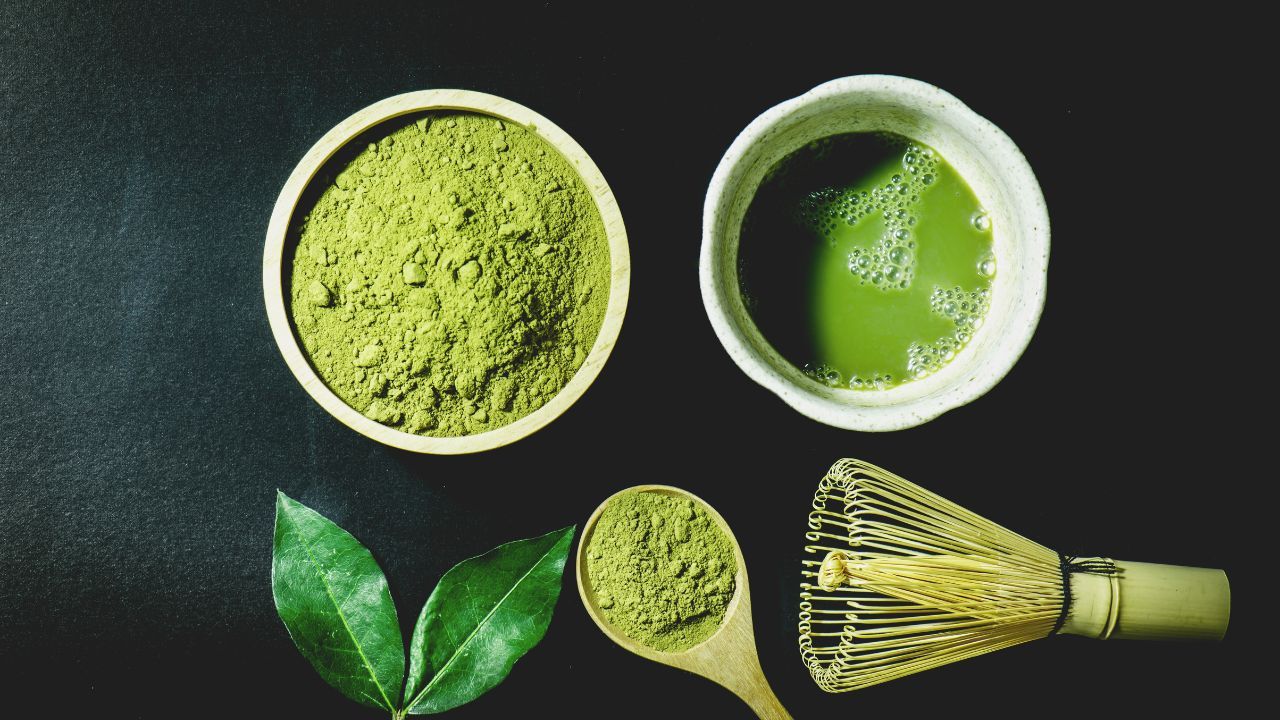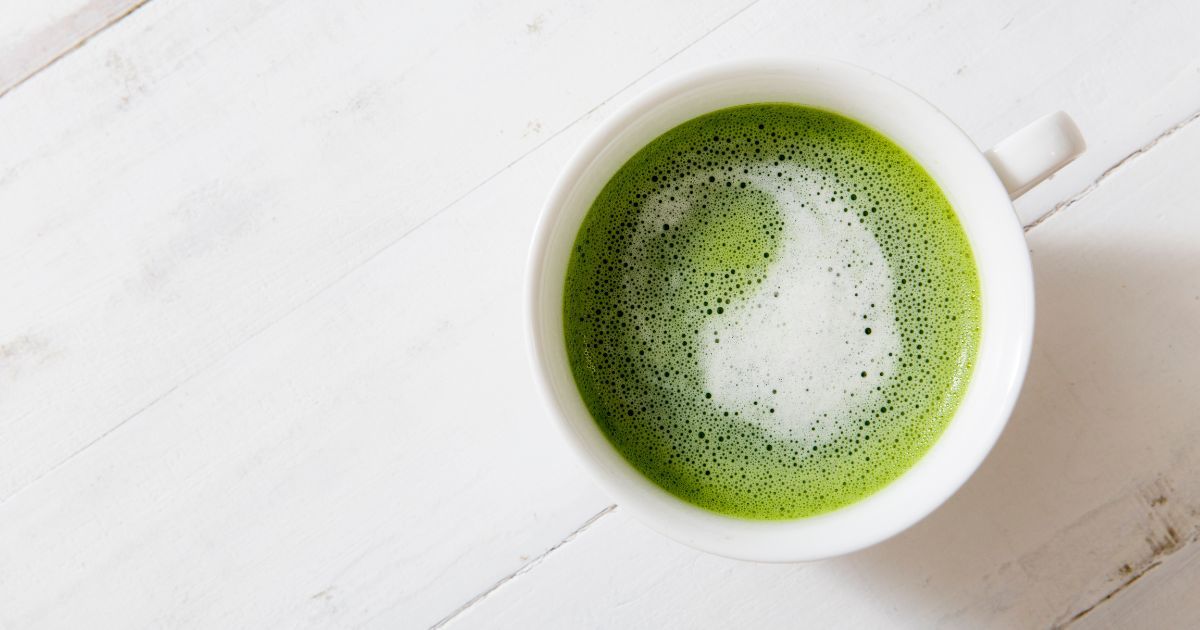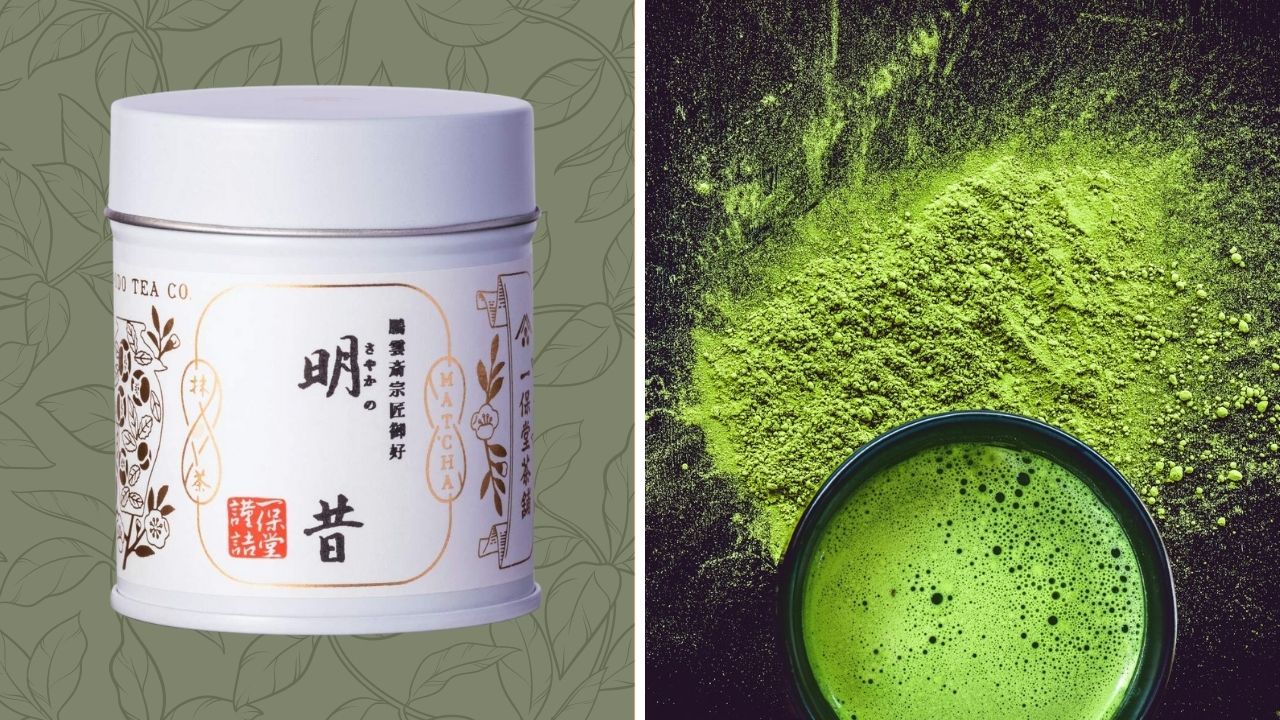
Coffee Alternative? Does Matcha Tea Have Caffeine?
Looking for a healthy alternative to coffee? Find out if matcha tea is a caffeine-free option, and learn about the benefits it can provide.
Matcha tea is a popular type of green tea that has recently become popular in the United States.
While it has long been a traditional drink in Japan, many people are now turning to matcha for its health benefits, including its high antioxidant content and its ability to boost energy levels.
But does matcha have caffeine? Let’s take a closer look.
Caffeine Content in Matcha Tea
Yes, matcha does contain caffeine. Caffeine is naturally found in tea leaves and is released when the leaves are brewed.
- The amount of caffeine in matcha depends on how long it is brewed and how fine the powder is ground.
- Matcha contains about 70 milligrams of caffeine per serving, which is roughly twice as much as black tea but less than half of the amount found in coffee.
Benefits of Drinking Matcha Tea
These are the main reported benefits of consuming matcha tea.
- Contains powerful antioxidants that can help protect your cells from damage.
- Is naturally lower in caffeine than coffee, so it can provide a milder energy boost.
- Can aid in weight loss and management due to its metabolism-boosting properties.
- Can improve cognitive functions like memory and focus.
- Is full of nutrients like vitamins, minerals, and amino acids that can help strengthen your immune system.

In addition, matcha also contains L-theanine, an amino acid with calming effects on the mind and body.
- This helps to counterbalance the stimulating effects of caffeine and can help reduce jitters or nervousness that can come from drinking too much coffee or other caffeinated beverages.
- As a result, drinking matcha can provide an energy boost without any adverse side effects.
Furthermore, due to its high antioxidant content and ability to boost metabolism, drinking matcha regularly may also offer a variety of health benefits such as improved heart health and better digestion.
In conclusion, matcha tea is becoming increasingly popular due to its many health benefits, including its high antioxidant content and ability to boost energy levels without causing jitters or nervousness like coffee can do.
It also contains caffeine—roughly twice as much as black tea but less than half of what you would find in coffee—as well as L-theanine which helps to counterbalance the stimulating effects of caffeine.
So if you’re looking for an energizing beverage that doesn’t have all the negative side effects associated with coffee or other caffeinated drinks, try some matcha today!




